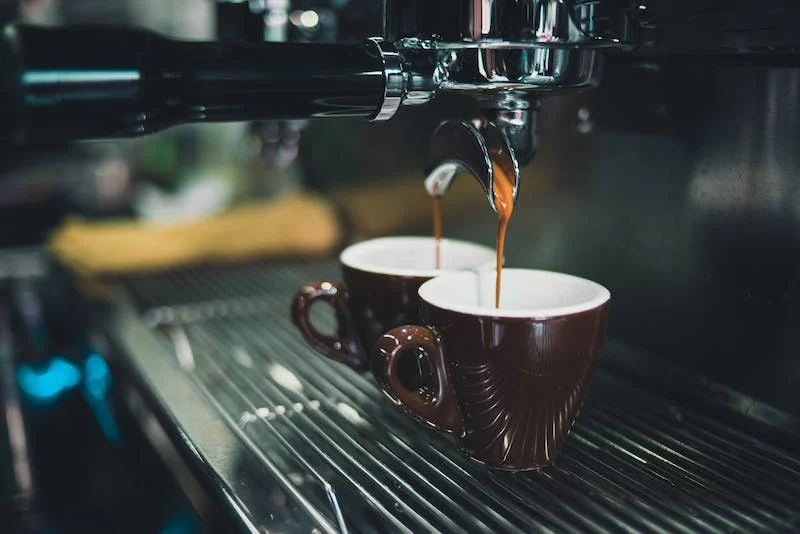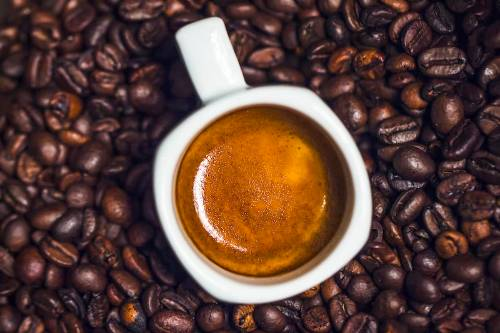the pros and cons of caffeine
the pros and cons of caffeine

Are you a coffee consumer: Examine the pros and cons of caffeine
The early mornings are the most challenging! The majority of us enhance it by brewing a steaming cup of coffee. Around 54% of adult Americans start their mornings with a cup of coffee. Even if you don't consider yourself one of them, you may drink caffeine regularly. A survey conducted in 2014 with 37,602 participants found that 85 percent of persons aged two and over consume some caffeinated beverage regularly. What a surprise, right? Caffeine may be present in foods and beverages, not only the obvious ones like coffee and energy drinks, but soda, tea, and chocolate. It is not hard to comprehend why it has unintentionally become a staple in our diet. However, there is no way that caffeine intake could ever be good for us. Let's look into the pros and cons of caffeine jointly as a group.What exactly is caffeine, anyway?
At the very least, that is the impact the vast majority hope to achieve with coffee. This popular stimulant acts on your central nervous system to help you remain awake longer and experience a burst of energy. Along with giving your brain more power, caffeine stimulates other parts of your body, including your heart rate, temperature, blood sugar, blood pressure, and the number of times you need to use the restroom. Please don't lose sight of the fact that the only thing we're discussing here is coffee. The reality is that how you consume caffeine is just as significant as caffeine withdrawal and the amount you take in, despite the fact that you usually hear contradictory advice about whether caffeine could assist or hurt you.The Pros and Cons of Caffeine Use in Adolescents and Young Adults
The American Academy of Pediatrics recommends that adolescents do not consume more than 100 milligrams (mg) of caffeine daily for health benefits. Why? Consuming a large amount of coffee may make you irritable, worried, and tense and increase your risk of having a heart attack. The frequent use of coffee is likely to decrease among teens as a result of the following five factors:1. Many caffeinated drinks provide calories that are of little nutritional value.
There are a lot of caffeinated drinks that also have a lot of sugar and fat in them. Teenagers who drink excessive soda may not get enough of several essential elements, such as calcium.2. Consuming beverages that contain caffeine might be harmful to your teeth.
Consuming beverages like tea and coffee may stain one's teeth. Sugar, which may contribute to tooth decay, is included in many caffeinated drinks with too much caffeine.3. Consuming coffee could make it harder to fall asleep.
Caffeine and coffee consumption use may make it more difficult to fall asleep at night, eventually leading to insomnia and excessive daytime drowsiness. As Dr. Bristol points out, caffeine can make certain adolescents anxious and, if ingested in excessive amounts or too late in the day, may result in sleeplessness.4. Caffeine might affect both your brain and your heart.
According to Dr. Bristol, consuming an excessive amount of alcohol, particularly those vast energy drinks, may cause an increase in both your blood pressure and your heart rate. When someone finishes a large quantity of coffee, their blood pressure may rise to make you caffeine addictive. It is also possible that discontinuation will result in headaches.5. Consuming caffeine might cause your bank account to get depleted.
It is possible to spend a lot of money on caffeinated beverages, mainly if you buy them from well-known coffee companies. Think about how much cash you could put in your pocket if you reduced the coffee you drink daily.Is caffeine consumption that bad?
Caffeine does, on the other hand, have some beneficial benefits if it is used in moderation. The following are three benefits that adolescents get from caffeine:1. Consuming caffeine may increase alertness and mental energy.
According to Dr. Bristol, caffeine is a stimulant, and he believes that inspiration, in general, may help with issues focusing. Coffee helps maintain wakefulness and induces a mild sense of mental alertness in its consumers.